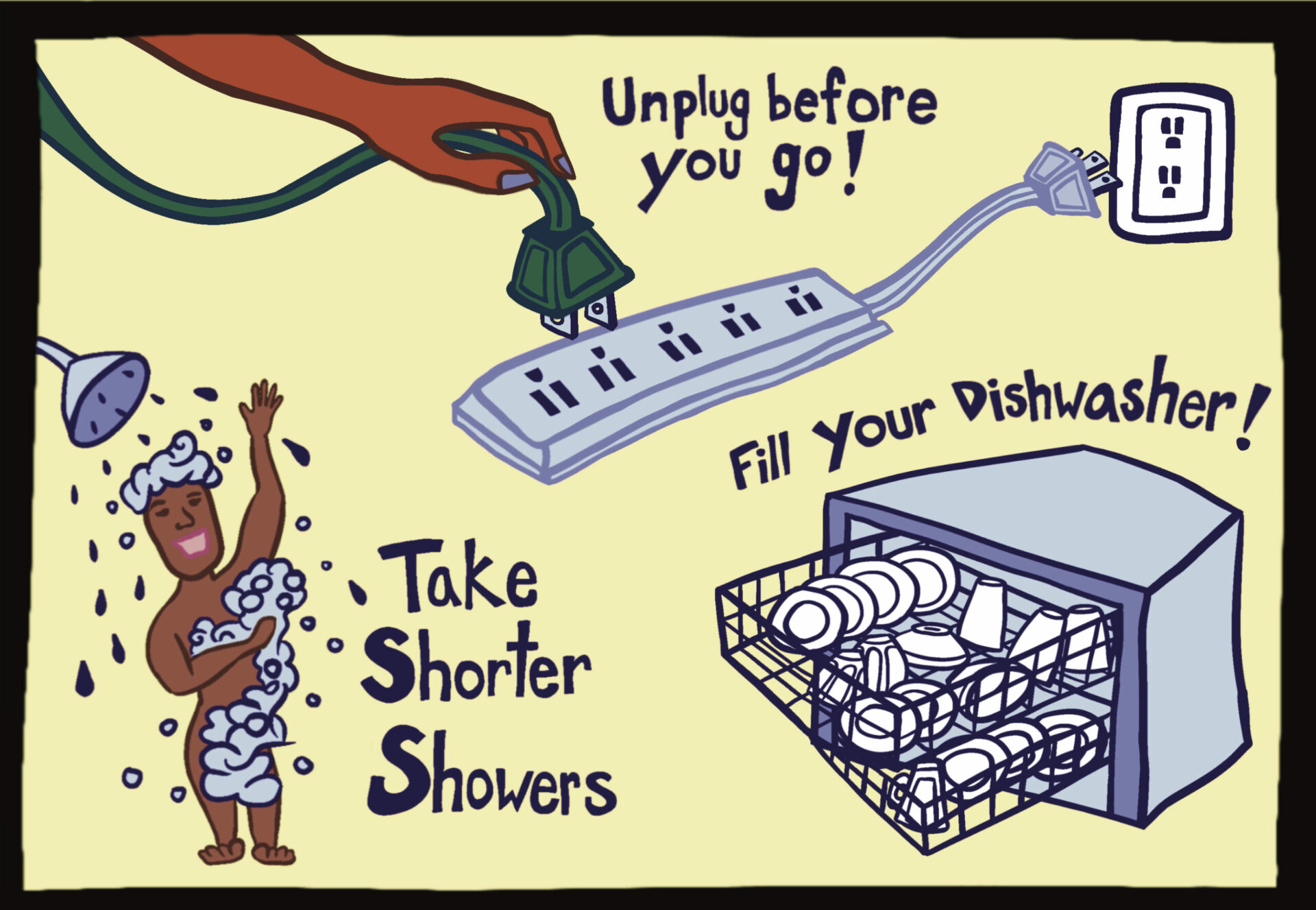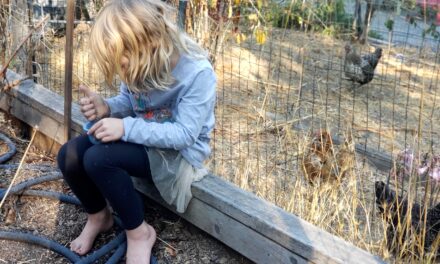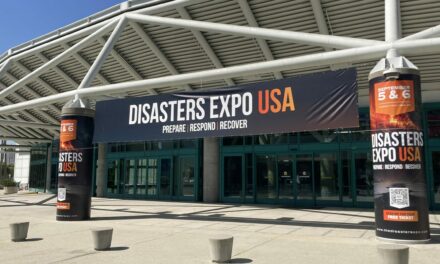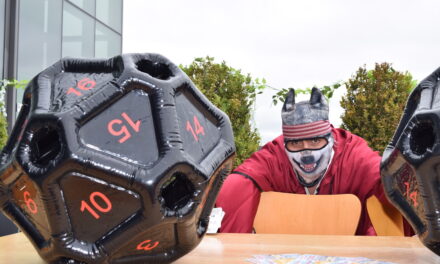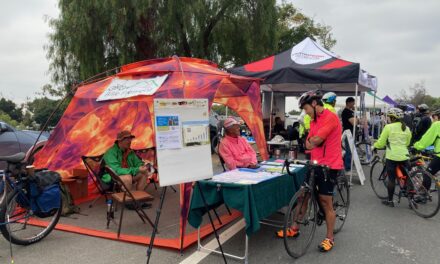Fitbit for Sustainability
A Contra Costa County program that uses technology to inspire residents to take energy-and-water-conserving actions has helped save roughly 32,000 gallons of gas and 1.5 million gallons of water, and averted 830 tons of CO2 emissions, since its 2019 launch.
The program has its origins in a 2012 community resilience challenge led by local nonprofit Sustainable Contra Costa. “We would ask people to make pledges about the projects or behavior changes they would make, but could only track commitments, not actions,” says Tina Neuhausel, president and co-founder of the 15-year-old organization.
In 2019, with a grant from the Bay Area Air Quality Management District, Sustainable Contra Costa launched the Cleaner Contra Costa Challenge in partnership with the Contra Costa Water District and six cities, including Walnut Creek, Pleasant Hill, Moraga, Antioch, Pittsburg, and Martinez. The new and improved challenge uses a web-based platform that allows users to commit to actions — ranging from “easy,” like taking shorter showers, to “challenging,” such as buying an electric vehicle — and track their progress. The platform also provides resources, such as information on rebates, to make following through on commitments easier.
“We can see our household progress, and that makes us feel good, but also we can see our collective progress as a community,” says Neuhausel. “Saving over a million gallons of water is very motivating.”
“People are worried about climate change and really want to help, but often don’t know where to start,” says Lisa Altieri, founder and president of Community Climate Solutions, which provides the platform. “Having a framework and easy steps for choosing and completing actions makes it simpler.”
Altieri’s company is now working with 40 cities and counties across the US on similar platforms. She says she has found that community is key to creating behavior change. “When people start talking together about the actions they are planning to take, they start sharing and encouraging each other,” Altieri says. “They are far more likely to complete actions when working together with others.”
The pandemic created obstacles for the community element of the challenge: early plans for outreach efforts were centered around schools, clubs, and churches, all of which shut down in March 2020. Nevertheless, by the end of 2021, the Challenge had achieved more than 80% of its goals. This year, Sustainable Contra Costa aims to add two more partner cities to the challenge and reach a cumulative CO2 savings of 1,200 tons by July.
Other Recent Posts
Boxes of Mud Could Tell a Hopeful Sediment Story
Scientists are testing whether dredged sediment placed in nearby shallows can help our wetlands keep pace with rising seas. Tiny tracers may reveal the answer.
“I Invite Everyone To Be a Scientist”
Plant tissue culture can help endangered species adapt to climate change. Amateur plant biologist Jasmine Neal’s community lab could make this tech more accessible.
How To Explain Extreme Weather Without the Fear Factor
Fear-based messaging about extreme weather can backfire. Here are some simple metaphors to explain climate change.
Live Near a Tiny Library? Join Our Citizen Marketing Campaign
KneeDeep asks readers to place paper zines in tiny street libraries to help us reach new folks.
Join KneeDeep Times for Lightning Talks with 8 Local Reporters at SF Climate Week
Lightning Talks with 8 Reporters for SF Climate Week
ReaderBoard
Once a month we share reader announcements: jobs, events, reports, and more.
Staying Wise About Fire – 5 Years Post-CZU
As insurance companies pull out and wildfire seasons intensify, Santa Cruz County residents navigate the complexities of staying fire-ready.
Artist Christa Grenawalt Paints with Rain
Snippet of insight from the artist about her work.
High-Concept Plans for a High-Risk Shoreline
OneShoreline’s effort to shield the Millbrae-Burlingame shoreline from flooding has to balance cost, habitat, and airport safety.
In a Climate Disaster, Your Car Won’t Save You
Fleeing wildfires without a car might seem scary, but so is being trapped in evacuation gridlock — and the hellscape of car-dependency.






